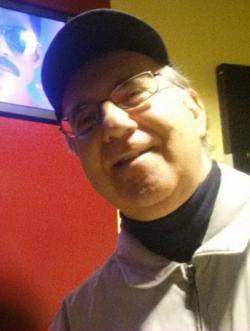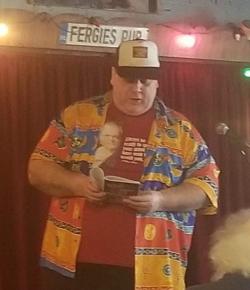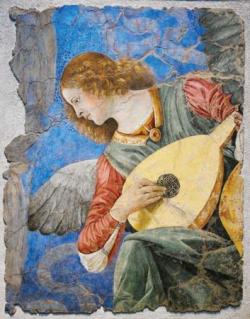Site-Wide Comment Activity: All Authors
 |
 |
 |
 |
 |
|
|
 |
|
|
 |
 |
|
|
|
|
 |
 |
 |
- « first
- ‹ previous
- …
- 306
- 307
- 308
- 309
- 310
- 311
- 312
- 313
- 314
- …
- next ›
- last »